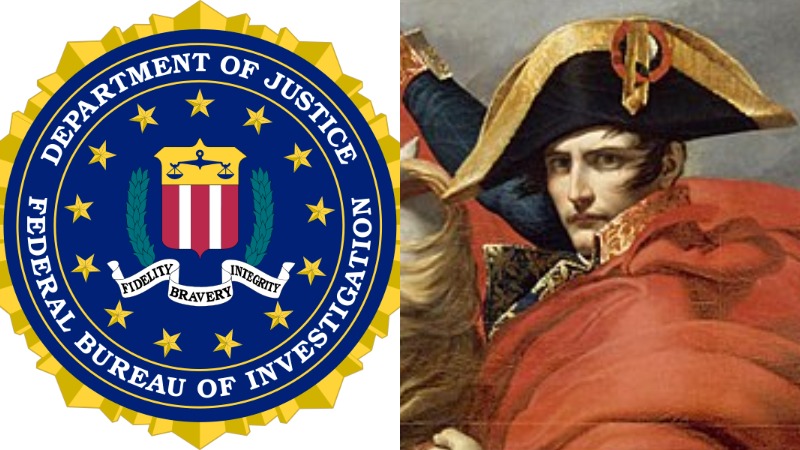If, at the height of his power in 1810, someone had approached Emperor Napoleon and told him that in about one hundred years, his great-nephew would be the Secretary of the United States Navy and be responsible for setting up arguably the most successful law enforcement agency in the world in the new country of America, he probably would have laughed, or had you sent to an asylum.
But sometimes the truth is stranger than fiction, and indeed, the great Napoleon’s grand-nephew was Secretary of the Navy under Theodore Roosevelt and laid the foundations for the Federal Bureau of Investigation, better known as the FBI. How did that happen?
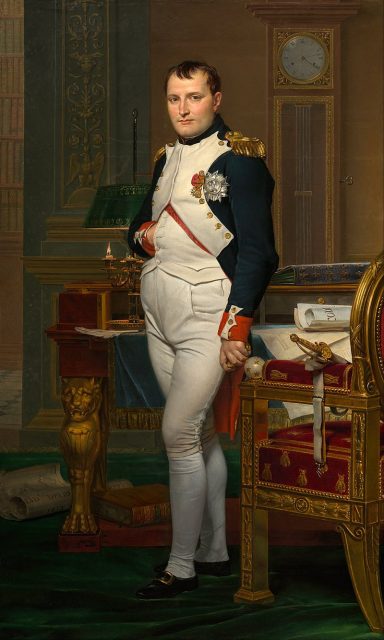
That grand-nephew of Napoleon I, whose name was Charles Joseph Bonaparte, was the grandson of Napoleon’s youngest brother, Jerome. In 1807, Napoleon made Jerome King of Westphalia (today a region in Germany, then a separate principality).
When Napoleon was defeated, Jerome lived for a time in the German state, and also Italy and the United States. When Jerome’s nephew, Napoleon III, took power as emperor, he was given a princely title and died a rich man in 1860.
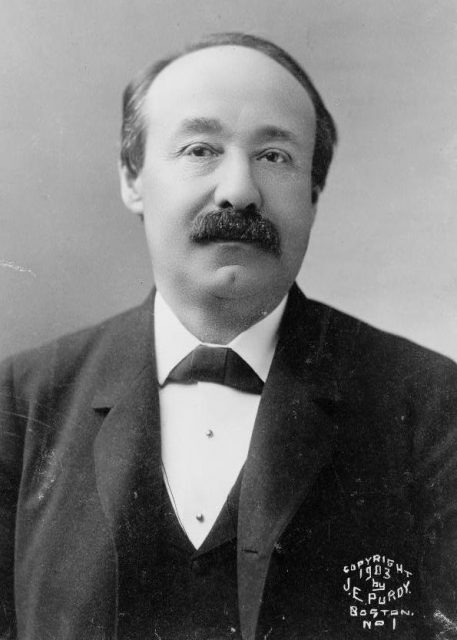
His son by his first wife, an American named Elizabeth Patterson, was also Jerome, but known as “Bo.” When Napoleon forced his brother to end his marriage to the American, she and her son returned to Baltimore, where her father was one of the wealthiest men in the state.
Bo, married Susan May Williams in 1829. The next year, his son Jerome Napoleon Bonaparte II was born, followed by another son, Charles Joseph Bonaparte, who was born much later, in 1851. None of this branch of the Bonaparte line ever attempted to claim a royal title, but Charles did make his own coat of arms.
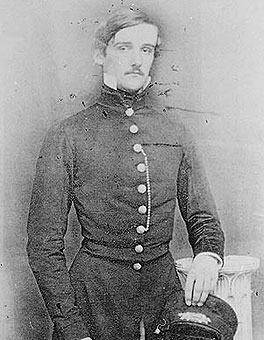
His brother made a career in the armed forces of both the U.S.A. and France and died childless in 1893.
Charles was sent to Harvard, and then Harvard Law. He became a prominent man in Baltimore where he practiced. He was a progressive Republican and championed many of the progressive causes of the day, including greater rights for African-Americans and women.

He also was a dedicated fighter of corruption in both municipal and state government. Baltimore, like many American cities of the time, was in the hands of crooked machine politicians, who thrived by taking and giving bribes, favors and sometimes threats (and more than threats). His fight against corruption earned him the nickname “Charlie the Crook Chaser.”
“The Crook Chaser” began his career in politics at the turn of the century. When he and other progressive Republicans swept corrupt Democrats out of office all through the state. He filled a number of posts which involved reform and became was chosen by voters in Maryland as a presidential elector in 1904.
When Theodore Roosevelt was elected in his own right in 1904 after having served part of a term following the assassination of McKinley, he won on a platform of reform, trust-busting and anti-corruption. Charles Bonaparte was a known and respected politician despite some personal quirks – he did not take to the new technology of the time, and did not use telegraphs, have electricity in his very large house, or use cars, preferring to travel by horse or horse-drawn carriage until he died in 1920.
Bonaparte was Roosevelt’s third Secretary of the Navy. In this position, he continued the work of his predecessors and president, helping to make the United States Navy a two-ocean navy and a world power.
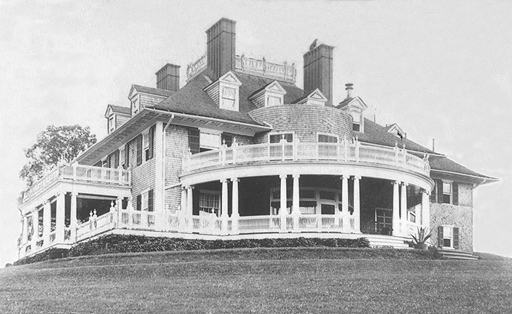
Impressed by his work and his stance on corruption, Roosevelt made Bonaparte Attorney General of the United States in 1906. He held this position until the election of Taft in 1908. As Attorney General, Bonaparte (believe me, as a historian, it is strange to write that!), established the “Bureau of Investigation,” or “BOI.” Bonaparte wished to incorporate the Secret Service into the BOI (it was and is part of the Treasury Department), but Congress refused, fearing the establishment of a large secret police.
Bonaparte did recruit some Secret Service agents for his original force of thirty-four special agents, along with new recruits and other law enforcement professionals. The first operation undertaken by the BOI was an investigation of interstate prostitution. This resulted in the passage of the Mann Act by Congress in 1910. This organization was briefly renamed in 1932 to the “Division of Investigation,” but within three years, became known as the “Federal Bureau of Investigation” – the FBI.
Read another story from us: The Bizarre Journey of Napoleon Bonaparte’s Penis
Bonaparte returned to Maryland after his time in Washington, D.C. and practiced law. He died in 1920, of Sydenham’s chorea, a nervous disorder. A street in Baltimore is called Bonaparte Avenue, which most people believe is a reference to Charles’ famous uncle.
